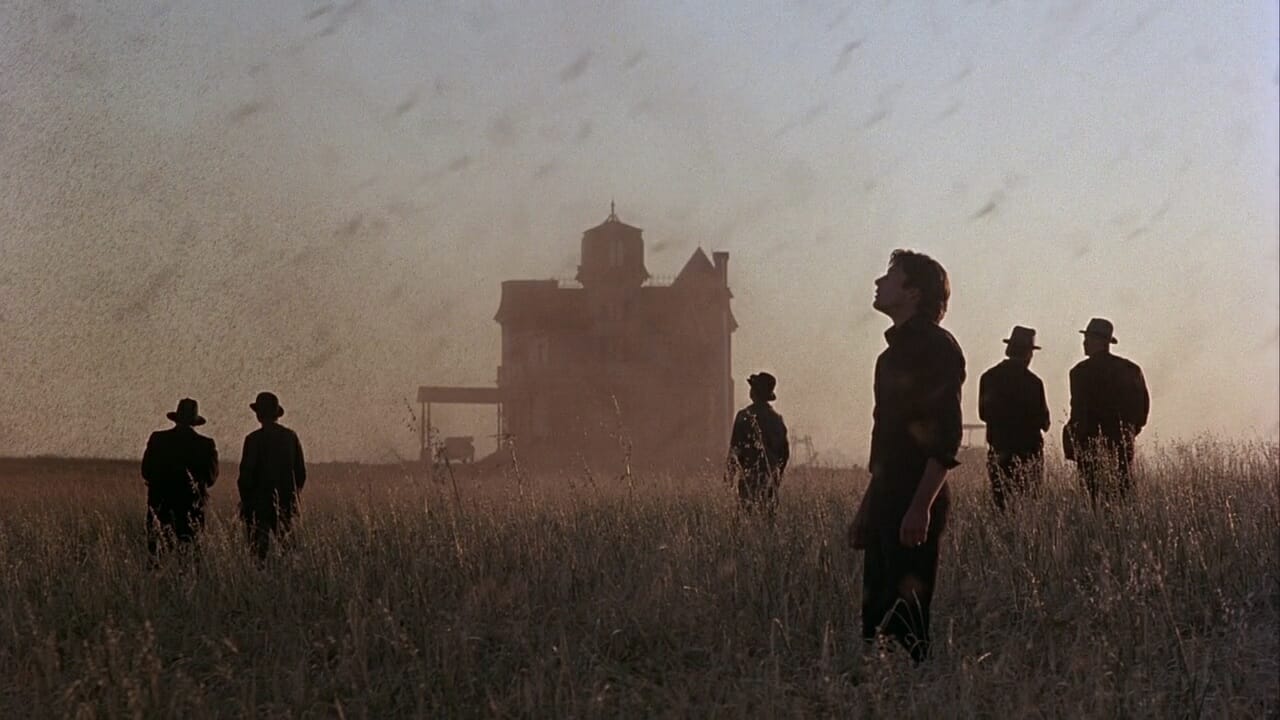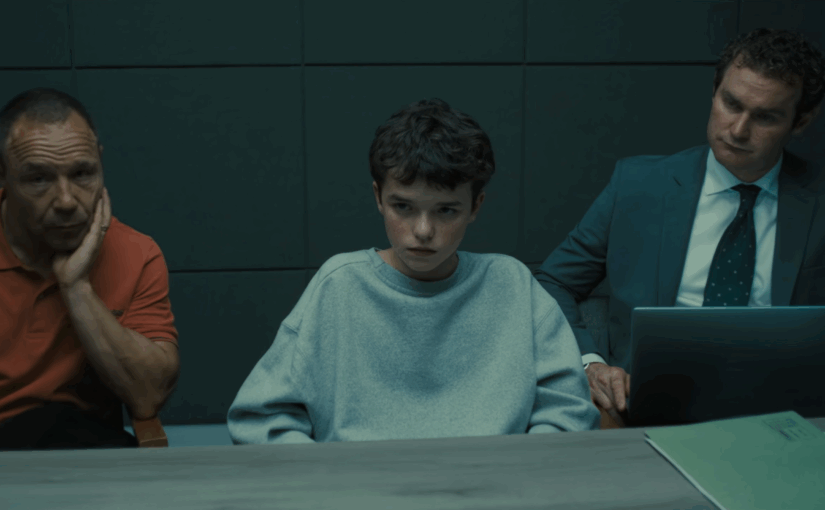-
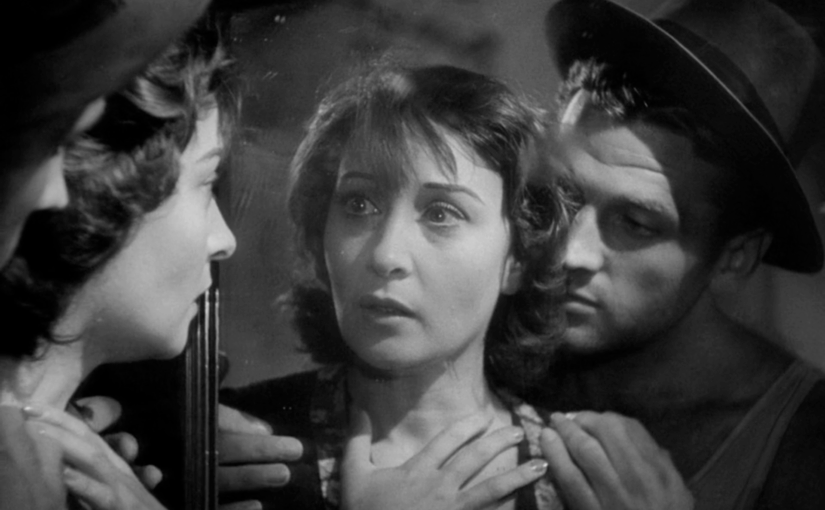
Ossessione (1943)
Luchino Visconti masterfully merges neorealism with the dark, fatalistic tension of film noir in Ossessione, unravelling a deadly affair between a pair of down-on-their-luck strangers, and revealing the inescapable consequences of passion, resentment, and poverty.
-
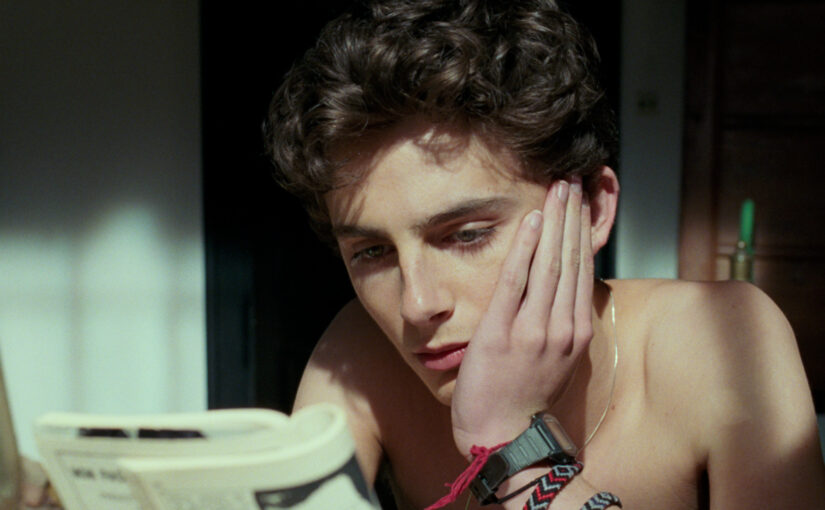
The 25 Best Male Actors of the Last Decade
The best actors of the last ten years, from stoic underdogs to deranged lunatics.
-
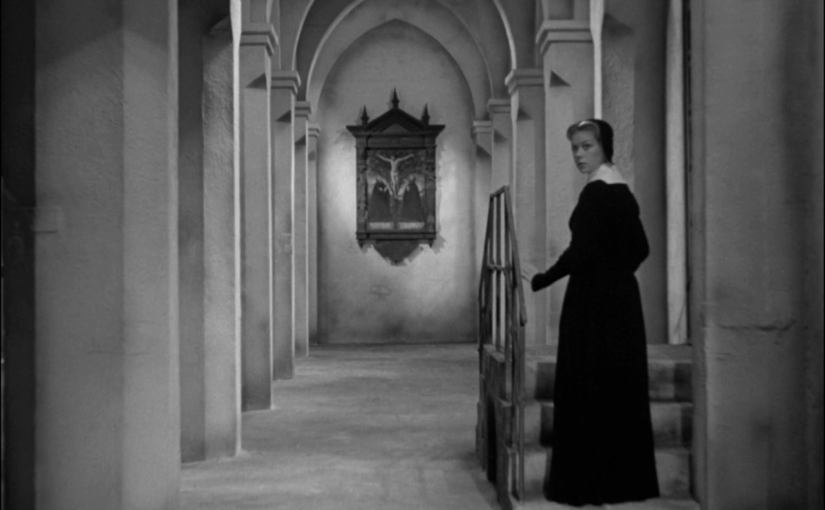
Day of Wrath (1943)
Even as Carl Theodor Dreyer holds the witch trials of one small Danish village in great contempt, Day of Wrath never truly rules out the question of whether some transcendent power is at play, sending the damned to early graves while the living stoke destructive flames of rumour and suspicion.
-
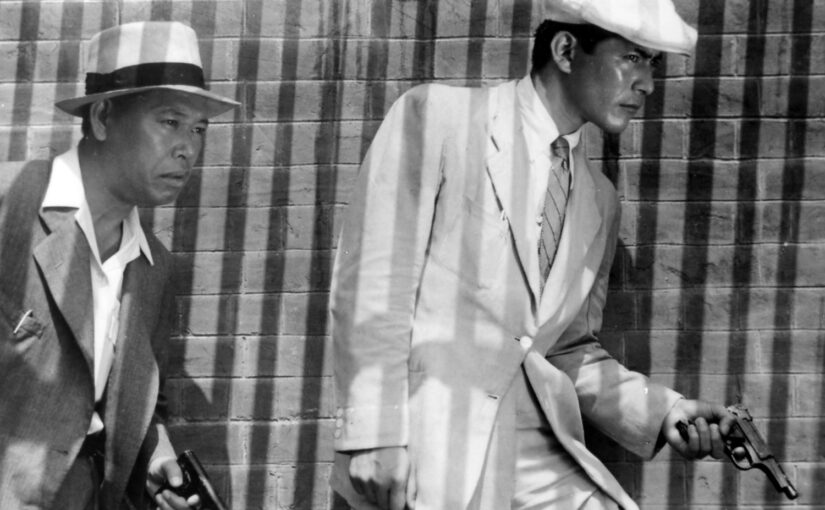
Stray Dog (1949)
While the citizens of Tokyo spend their summer watching baseball games and visiting clubs in Stray Dog, police officer Murakami is set on apprehending the man in possession of his stolen gun, methodically closing the distance under Akira Kurosawa’s sharp, watchful gaze.
-
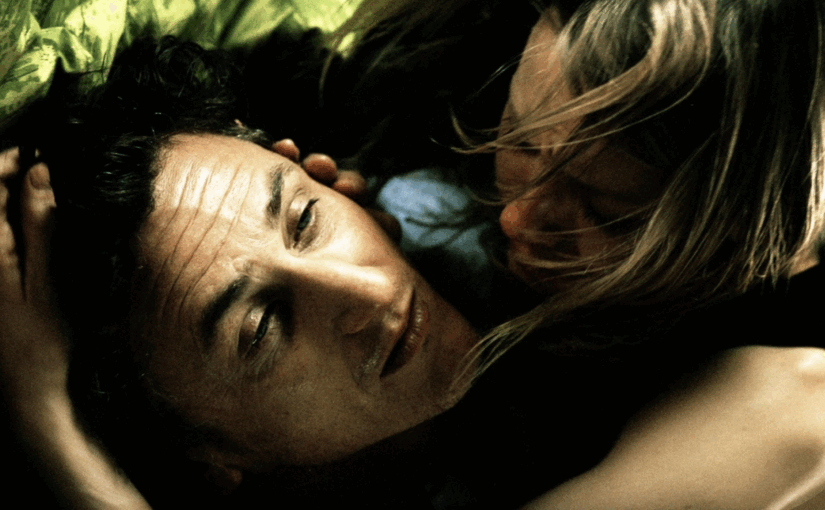
21 Grams (2003)
Through the convergence of three separate lives upon a single tragedy in 21 Grams, Alejandro Iñárritu gifts us a miraculous glimpse into the infinite, fragmented tapestry of human relationships, and the terrible burden this interconnectedness weighs on our souls.
-
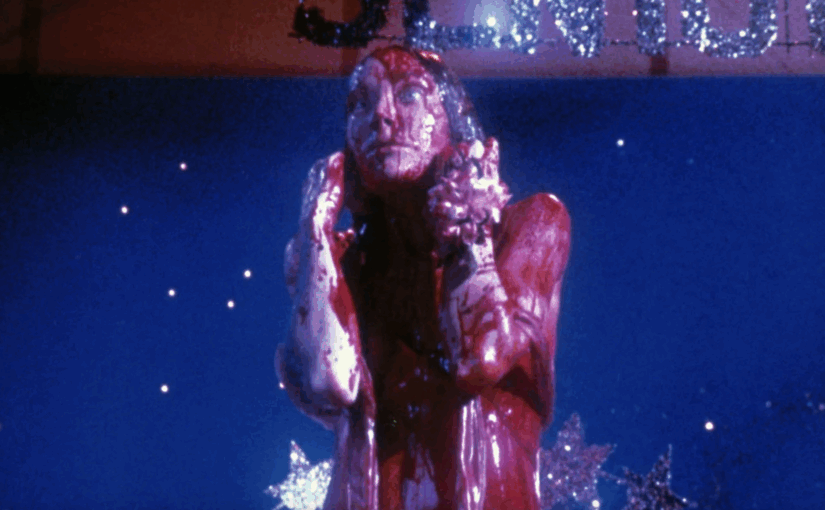
Carrie (1976)
Coming of age is quite literally a horror show in Carrie, and one that Brian de Palma conducts with spectacular tension, brewing a lethal combination of hormones, trauma, and telekinetic powers within a lonely, abused teenager.
-
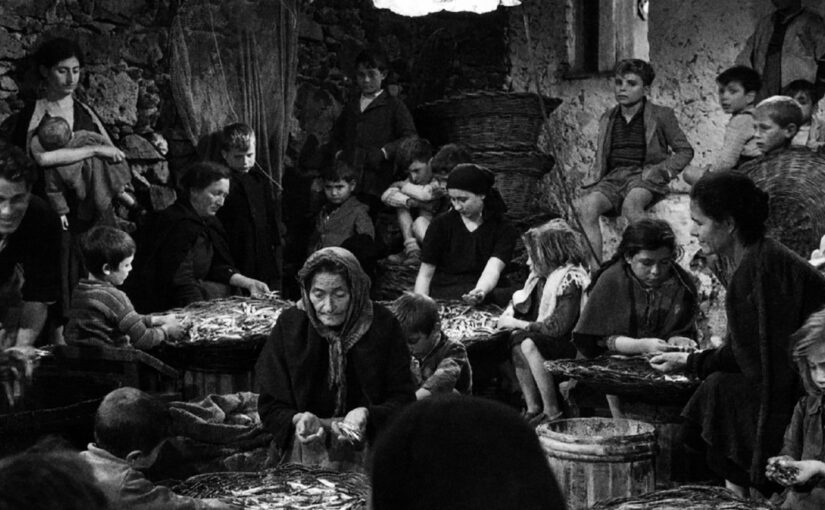
La Terra Trema (1948)
The tale of one fisherman’s attempted revolution against greedy local wholesalers is given an epic stage in La Terra Trema, tracing the sort of rise-and-fall archetype that once belonged to Roman mythology, yet which Luchino Visconti transposes here to an impoverished Sicilian village with incredible authenticity.
-
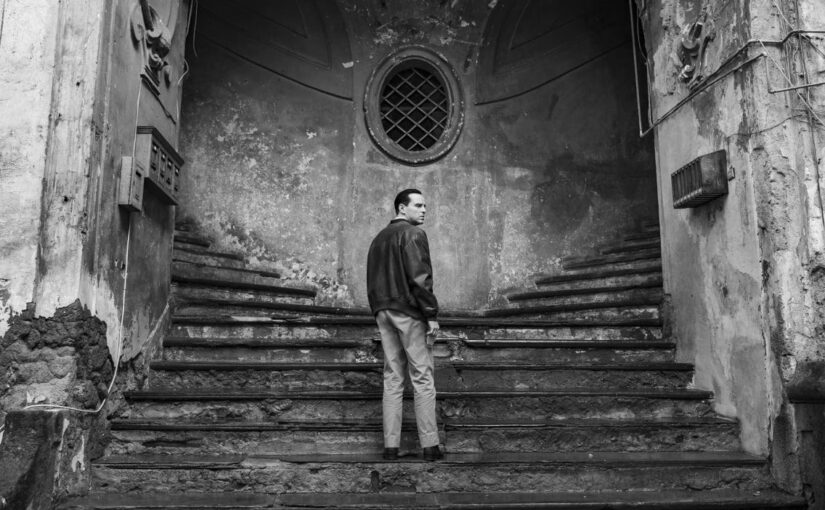
2024 in Cinema
Robert Eggers exhumes the rotting corpse of a legendary vampire, Hollywood’s beauty standards are grotesquely warped in a thrillingly repulsive body horror, and Steven Zaillian’s calculated take on literature’s most famous con artist elevates television to cinema.
-
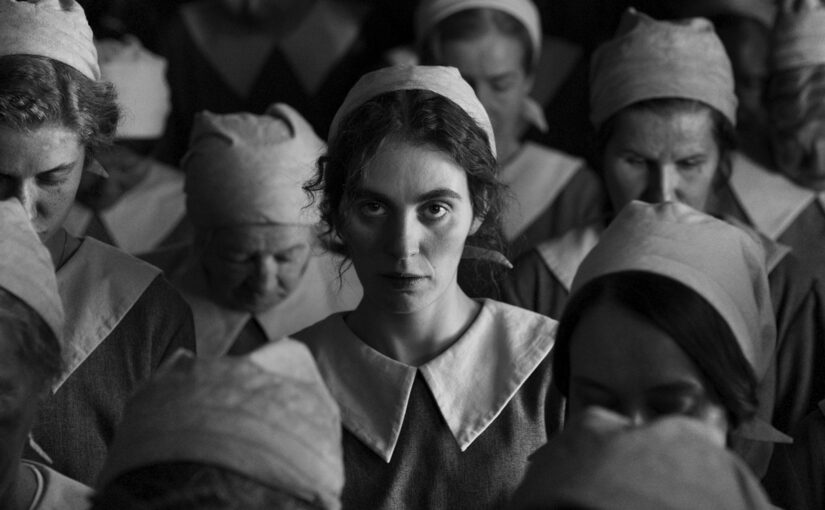
The Girl with the Needle (2024)
The face of human evil is insidiously disguised in The Girl with the Needle, though Magnus van Horn’s monochrome cinematography offers a disturbing glimpse behind its warm, maternal mask, adapting a chilling piece of Danish history which once shook the post-war nation to its core.
-
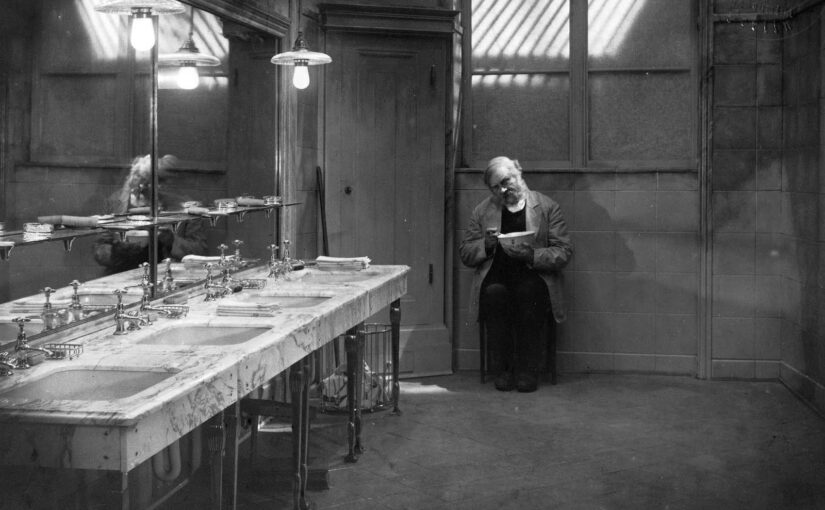
The Last Laugh (1924)
It is a cruel reversal of fortune which sees a proud hotel doorman demoted to washroom attendant in The Last Laugh, and F.W. Murnau’s liberated camerawork evocatively traces his tragic descent into deep humiliation, dwelling in the shame and indignity that comes with an earth-shattering challenge to one’s entire identity.
-
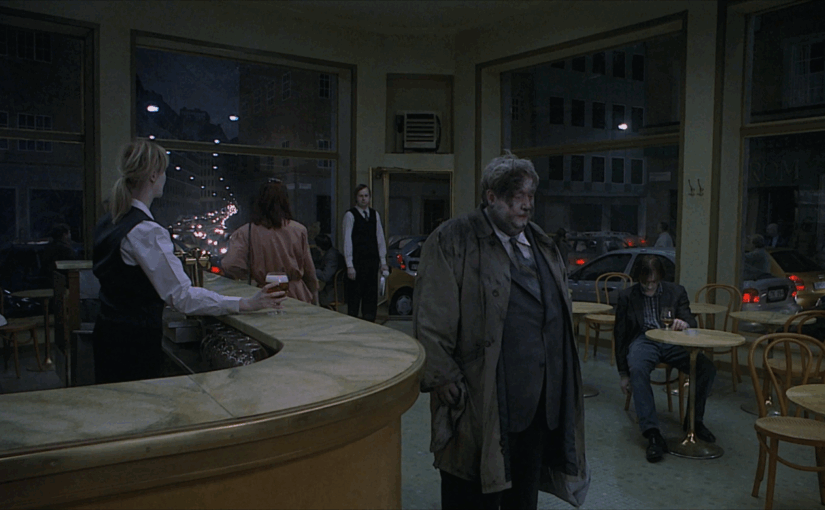
Songs from the Second Floor (2000)
No single image in Songs from the Second Floor reveals the full scope of eternal traffic jams, nonsense bureaucracy, and apocalyptic senselessness that this city has descended into, but as Roy Andersson’s painterly tableaux come together with deadpan melancholy, so too does his landscape of surreal, urban decay take absurdist form.
